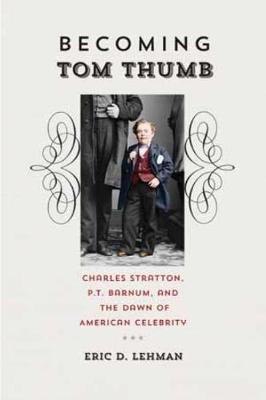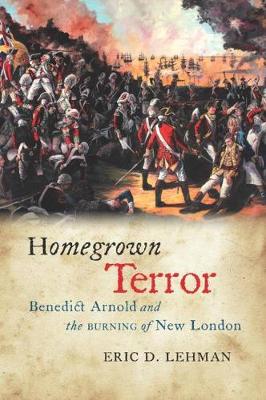The Driftless Connecticut Series & Garnet Books
2 total works
When P. T. Barnum met twenty-five-inch-tall Charles Stratton at a Bridgeport, Connecticut hotel in 1843, one of the most important partnerships in entertainment history was born. With Barnum's promotional skills and the miniature Stratton's comedic talents, they charmed a Who's Who of the 19th century, from Queen Victoria to Charles Dickens to Abraham Lincoln. Adored worldwide as "General Tom Thumb," Stratton played to sold-out shows for almost forty years. From his days as a precocious child star to his tragic early death, Becoming Tom Thumb tells the full story of this iconic figure for the first time. It details his triumphs on the New York stage, his epic celebrity wedding, and his around-the-world tour, drawing on newly available primary sources and interviews. From the mansions of Paris to the deserts of Australia, Stratton's unique brand of Yankee comedy not only earned him the accolades of millions of fans, it helped move little people out of the side show and into the lime light.
On September 6, 1781, Connecticut native Benedict Arnold and a force of 1,600 British soldiers and loyalists took Fort Griswold and burnt New London to the ground. The brutality of the invasion galvanized the new nation, and "Remember New London!" would become a rallying cry for troops under General Lafayette. In Homegrown Terror, Eric D. Lehman chronicles the events leading up to the attack and highlights this key transformation in Arnold-the point where he went from betraying his comrades to massacring his neighbors and destroying their homes. This defining incident forever marked him as a symbol of evil, turning an antiheroic story about weakness of character and missed opportunity into one about the nature of treachery itself. Homegrown Terror draws upon a variety of perspectives, from the traitor himself to his former comrades like Jonathan Trumbull and Silas Deane, to the murdered Colonel Ledyard. Rethinking Benedict Arnold through the lens of this terrible episode, Lehman sheds light on the ethics of the dawning nation, and the way colonial America responded to betrayal and terror.

